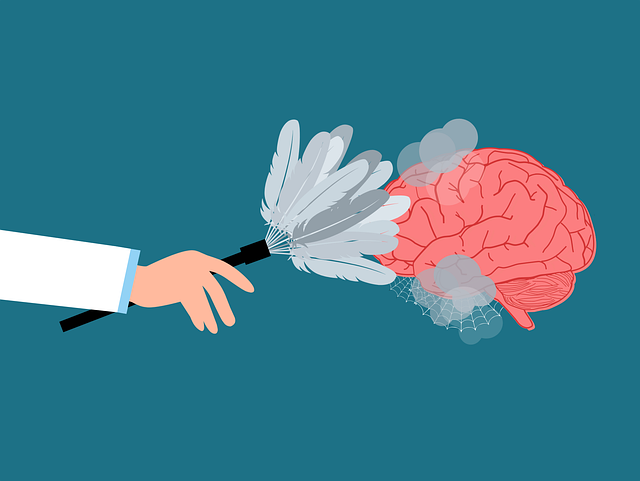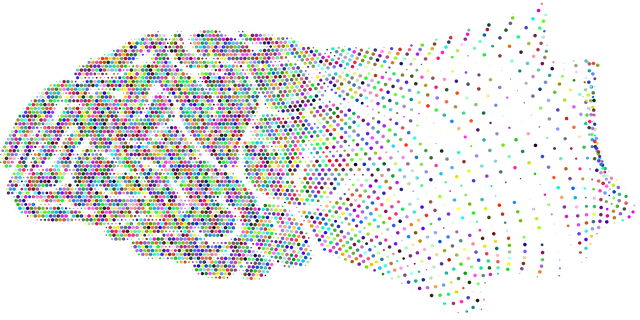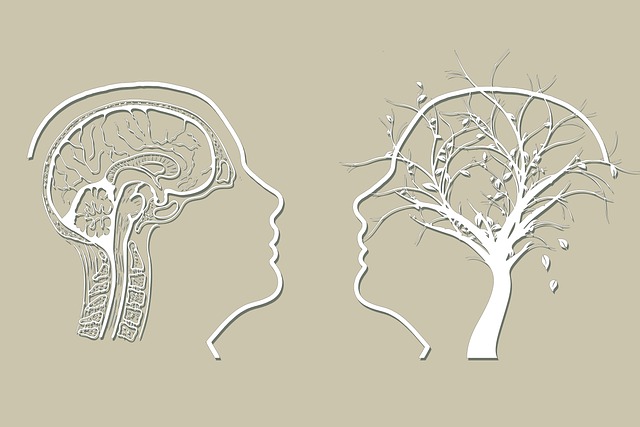Self-care is a powerful tool for individuals in Lakewood seeking therapy for Oppositional Defiance Disorder (ODD), addressing physical, emotional, and psychological needs to regulate emotions, reduce stress, and improve well-being. Mental wellness coaching helps identify personal needs by guiding clients through introspective exercises, fostering healthier habits tailored to specific desires. Structured routines, social skills training, and stigma reduction efforts are vital self-care practices that significantly contribute to managing ODD symptoms in Lakewood Oppositional Defiance Disorder Therapy.
Self-care is a powerful tool in managing and overcoming Oppositional Defiance Disorder (ODD). In this article, we explore how enhancing self-care practices can significantly support individuals navigating ODD. We delve into understanding self-care, identifying personal needs, and providing practical strategies for effective self-care routines tailored to those with ODD. Discover how small changes in self-care can lead to substantial improvements in overall well-being, offering a transformative path towards better mental health, including options available through Lakewood Oppositional Defiance Disorder Therapy.
- Understanding Self-Care and its Significance in Overcoming Oppositional Defiance Disorder (ODD)
- Identifying Personal Needs: A Key Step Towards Enhancing Self-Care Routines
- Strategies for Incorporating Effective Self-Care Practices: A Guide for Individuals with ODD
Understanding Self-Care and its Significance in Overcoming Oppositional Defiance Disorder (ODD)

Self-care isn’t a luxury but an essential practice for anyone managing mental health conditions, particularly Oppositional Defiance Disorder (ODD). Understanding self-care means recognizing and attending to one’s physical, emotional, and psychological needs. For individuals in Lakewood seeking ODD therapy, integrating self-care practices can be transformative. It empowers them to regulate emotions, reduce stress, and improve overall well-being, all of which are crucial aspects of overcoming ODD.
When approached from the perspective of Mind Over Matter principles, self-care becomes a tool for rewiring negative thought patterns and behaviors associated with ODD. By prioritizing trauma support services and incorporating anxiety relief techniques, individuals can develop healthier coping mechanisms. This proactive approach not only helps manage symptoms but also fosters resilience, enabling those with ODD to navigate challenges more effectively.
Identifying Personal Needs: A Key Step Towards Enhancing Self-Care Routines

Identifying your personal needs is a fundamental step in enhancing your self-care routines. Often, individuals struggling with Oppositional Defiant Disorder (ODD) like those seeking Lakewood ODD therapy, might find it challenging to recognize their own requirements due to impulsive behaviors or difficulty regulating emotions. This is where mental wellness coaching programs can play a pivotal role. Coaches specializing in development and self-esteem improvement guide clients through introspective exercises to uncover underlying needs often masked by external symptoms.
By prioritizing mental wellness, individuals learn to differentiate between their genuine desires and momentary impulses. This awareness allows for more intentional actions, fostering healthier habits that cater to specific personal needs. Ultimately, this process forms the backbone of a robust self-care practice, enabling better management of conditions like ODD while promoting overall mental wellness.
Strategies for Incorporating Effective Self-Care Practices: A Guide for Individuals with ODD

Incorporating effective self-care practices is a vital step for individuals with Oppositional Defiance Disorder (ODD) to manage their symptoms and improve overall well-being. Lakewood ODD therapy often emphasizes structured routines and tailored strategies. One practical approach involves setting dedicated time for activities that foster relaxation and emotional regulation, such as meditation or engaging in hobbies. By integrating these practices into daily life, individuals can develop a sense of control and reduce impulsive behaviors associated with ODD.
Social Skills Training is another essential component, as it helps build healthy relationships and enhances communication. In addition to therapy sessions, participating in group activities or clubs can provide opportunities for social interaction and coping skills development. Mental illness stigma reduction efforts also play a crucial role in encouraging open discussions about challenges and seeking support without fear of judgment. Through consistent practice, these self-care strategies can contribute to significant improvements in managing ODD symptoms.
Incorporating self-care practices is a powerful tool in managing and overcoming Oppositional Defiance Disorder (ODD). By understanding the significance of self-care and identifying personal needs, individuals can take proactive steps towards enhancing their well-being. The strategies outlined in this article provide a comprehensive guide for effective self-care, offering hope and practical solutions to those seeking Lakewood Oppositional Defiance Disorder therapy. Remember, prioritizing self-care is not just a choice; it’s a necessary step towards leading a healthier, happier life.














